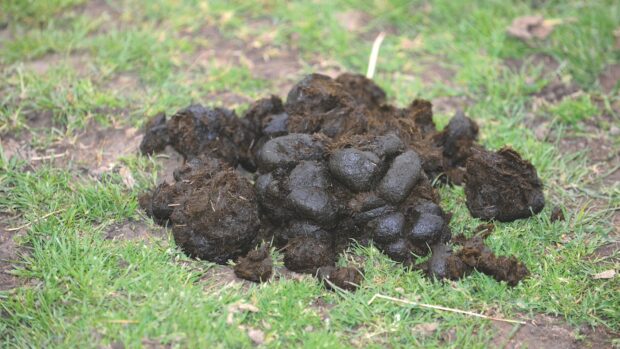How often do you take a worm count for your horse? For a worrying number of owners the answer to this is never.
A new survey has revealed a third of horse owners never conduct a faecal worm egg count.
The British Riding Clubs Horse Health online survey, commissioned by animal health company Zoetis, was completed by 559 horse owners this year.
“The survey results are worrying, indicating that a high number of owners are still unaware of the most efficient way to control worms,” said Zoetis vet Wendy Talbot.
Horses should have their weight calculated before being wormed. Worm egg counts should cost less than £10 per horse, with bulk discounts negotiable. They should be done every couple of months.
“It makes sense to discuss how often to carry out worm counts for your horse with your own vet, who knows your yard,” said H&H vet Karen Coumbe.
“The frequency can be reduced for horses showing consistently low egg shedding levels. It should become routine procedure for responsible owners.”
The counts should be combined with daily poo-picking to keep grazing as clean and worm-free as possible.
“Even though tapeworm, encysted small redworm or bots will not be identified by a standard count, it is still worth doing,” added Karen.
For more information visit: www.wormingyourhorse.info
This article was first published in Horse & Hound on 12 June 2014



